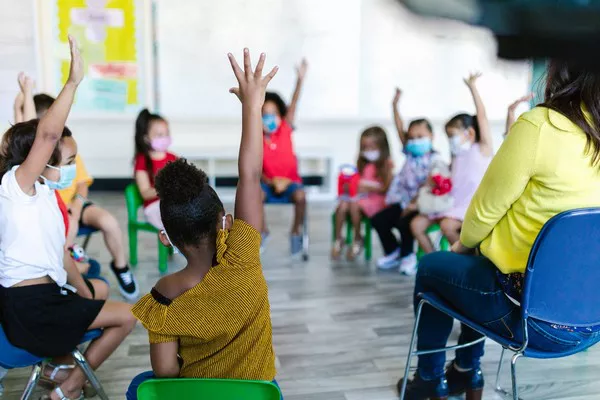The challenges surrounding children’s mental health have become increasingly pronounced, with noteworthy implications. Professor Jennie Hudson, affiliated with the Black Dog Institute and Chair of the Childhood Mental Health Research Plan Expert Advisory Panel, highlights the surge in mental health issues even prior to the COVID-19 pandemic. The pandemic, however, has accelerated this trend, necessitating a comprehensive approach to address the concerns at hand.
Prof. Hudson elucidates, “More than half of mental health problems emerge before puberty. One focus of the Childhood Mental Health Research Plan is to understand why.” This initiative recognizes the pressing need to comprehend the underpinnings of these concerns in order to devise effective interventions.
It is evident that societal changes have played a substantial role in this unfolding scenario. The pandemic and its aftermath introduced novel threats to health, accentuating isolation and financial hardships faced by families. Moreover, the shift in children’s activities, characterized by heightened screen time, reduced sleep, and diminished physical activity, demands a deeper understanding of their impact on mental health.
Central to the research plan is the objective of enhancing children’s access to treatments that have demonstrated efficacy for the majority of young individuals. However, a crucial aspect is ensuring equitable delivery to all children, which the plan addresses by supporting researchers in rural areas and those from First Nations backgrounds. Additionally, the plan identifies research gaps spanning a range of areas, from young kids aged 0–5, to issues encompassing anxiety, depression, self-harm, and suicide, as well as eating disorders, trauma, disability, and disruptive disorders.
A pioneering feature of this initiative is the inclusion of families, caregivers, and children in the research design process. By integrating their perspectives, the research becomes more attuned to the language and interests of young people, rendering it more effective and applicable in real-world contexts.
To drive innovation and tackle pressing questions, the plan endorses incubator grants, fostering the exploration of novel ideas and concepts. This facilitates quick problem-solving and proof of concept, which can eventually pave the way for larger-scale endeavors.
Collaboration emerges as a potent tool to address intricate challenges. Larger grants are recommended to facilitate collaboration among teams of scientists, enabling “moonshot” ideas to be realized on a broader scale. The involvement of early to mid-career researchers and peer researchers is emphasized, ensuring fresh perspectives and diverse insights.
The ultimate aspiration of this comprehensive research plan is a healthier future for young Australians. By enhancing understanding, offering preventive strategies, and developing transformative treatments, this initiative seeks to reshape the landscape of childhood mental health. In the words of Prof. Hudson, “This research plan will shift the dial on childhood mental health,” marking a pivotal step towards a brighter future for the young generation.























